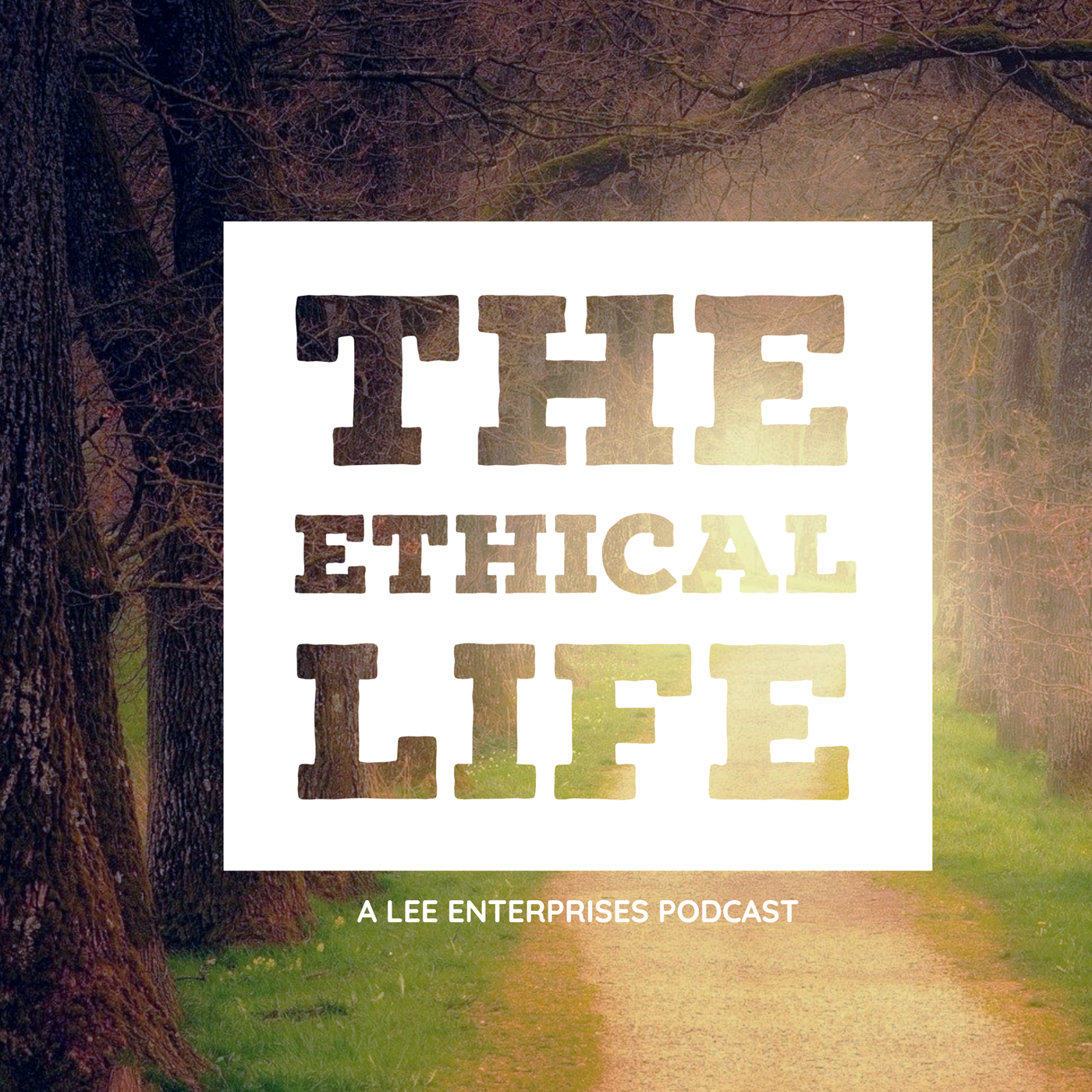
Is the internet’s next chapter making us lonelier?
Published on Sep 17, 2025, 12:00:30 PM
Total time: 00:49:34

Published on Sep 17, 2025, 12:00:30 PM
Total time: 00:49:34
Episode 212: Artificial intelligence has quickly moved from science fiction to everyday life, embedded in chatbots, search engines and social media feeds that billions of people use daily. Tech companies tout these tools as helpful assistants — capable of saving time at work, speeding medical research or even offering companionship. But a growing chorus of voices is asking whether the risks may outweigh the benefits.
Hosts Richard Kyte and Scott Rada discuss how chatbots are shaping relationships, education and mental health, and whether society is prepared for the consequences.
Kyte argues that artificial intelligence should be treated like a powerful drug or a complex machine — tightly controlled until its effects are understood. He points to parallels with opioids and defective automobiles, where profits were prioritized over safety until regulations forced accountability.
“We’ve invented something that can be tremendously useful, but we’ve given it to everybody without knowing the results,” Kyte says.
Rada pushes back, noting that past technologies — from the early internet to smartphones — were also greeted with skepticism before becoming indispensable. He shares a story about using artificial intelligence to transform a complicated data set into an easy-to-use dashboard. While that shortcut saved time, Rada admits it also sidestepped valuable learning. Is that trade-off harmless efficiency, or the loss of a skill we still need?
The episode also examines how companies design chatbots to be relentlessly affirming, a feature meant to keep users engaged but one that can lead to dangerous reinforcement of suicidal thoughts or disordered eating. Investigative reporting has revealed that some tech giants even suppressed research on child safety. For Kyte, those choices show why industry self-policing is not enough.
Links to stories discussed during the podcast
Meta suppressed research on child safety, employees say, by Jon Swaine and Naomi Nix, The Washington Post
ChatGPT to get parental controls after teen user’s death by suicide, by Gerrit De Vynck, The Washington Post
Scott Rada is a digital strategist with Lee Enterprises, and Richard Kyte is the director of the D.B. Reinhart Institute for Ethics in Leadership at Viterbo University in La Crosse, Wisconsin. Kyte is also the author of "Finding Your Third Place: Building Happier Communities (and Making Great Friends Along the Way)."
Follow the show on Apple Podcasts or on Spotify.